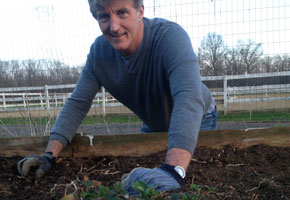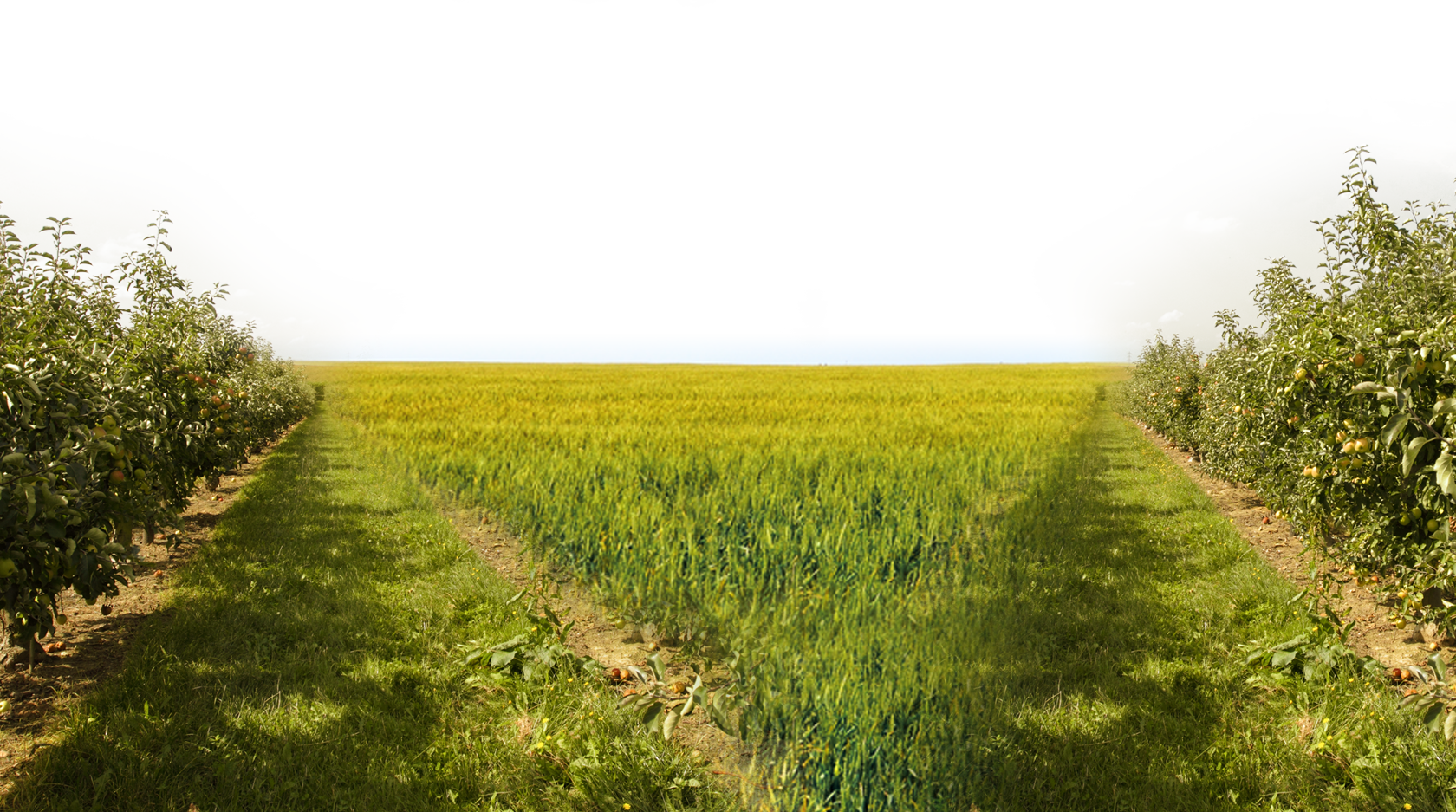
Wild Oats celebrates Earth Day
By Tom Casey | 2 Comments | Posted 04/22/2014
Thank-you for your overwhelming support of Wild Oats’ mission to make organic food choices more affordable and accessible! It’s been an exciting two weeks since we announced Wild Oats product launch.
Earth Day provides additional inspiration as organic farming practices are key to sustainability. Organic farming relies on farm-derived renewable resources and eliminates use of chemical fertilizers and pesticides derived from petrochemicals. Some of the benefits include: less harmful impact on the environment, less use of non-renewable oil supplies, fewer toxins affecting farmers and consumers and more humane treatment of farm animals. As we celebrate this Earth Day, we are proud that Wild Oats products are kind to the environment.
My wife and I practice organic farming on our small farm in New Jersey with help from our friend Martha. It’s interesting that Earth Day falls on the first day of the Lyrid meteor shower this year. As we witness the miracle of our first asparagus and strawberry sprouts we can see bright meteors made of earth-like material streaking across the heavens. Our plant’s remarkable journey causes us to reflect on the special and vulnerable place our earth inhabits in the universe.
Wild Oats appreciates the dedication of the Organic Farming Research Foundation (OFRF) over the past 24 years. Below are are some enlightening facts from the OFRF website regarding Organic Certification and Organic farming practices.
Happy Earth Day!
Tom
_____________________________________
What does “certified” organic mean?
Certified organic refers to agricultural products that have been grown and processed according to uniform standards, verified by independent state or private organizations accredited by the USDA. All products sold as “organic” must be certified. Certification includes annual submission of an organic system plan and inspection of farm fields and processing facilities. Inspectors verify that organic practices such as long-term soil management, buffering between organic farms and neighboring conventional farms, and recordkeeping are being followed. Processing inspections include review of the facility’s cleaning and pest control methods, ingredient transportation and storage, and recordkeeping and audit control. Organic foods are minimally processed to maintain the integrity of food without artificial ingredients or preservatives. Certified organic requires the rejection of synthetic agrochemicals, irradiation and genetically engineered foods or ingredients. Since 2002, organic certification in the U.S. has taken place under the authroity of the USDA National Organic Program, which accredits organic certifiying agencies, and oversees the regulatory process. To find out more about the national organic certification requirements and organic program, please go to the USDA National Organic Program website www.ams.usda.gov/nop.
How do organic farmers fertilize crops and control pests, diseases, and weeds?
Organic farmers build healthy soils by nourishing the living component of the soil, the microbial inhabitants that release, transform, and transfer nutrients. Soil organic matter contributes to good soil structure and water-holding capacity. Organic farmers feed soil biota and build soil structure and water-holding capacity. Organic farmers build soil organic matter with cover crops, compost, and biologically based soil amendments. These produce healthy plants that are better able to resist disease and insect predation. Organic farmers’ primary strategy in controlling pests and diseases is prevention through good plant nutrition and management. Organic farmers use cover crops and sophisticated crop rotations to manage the field ecology, effectively disrupting habitat for weeds, insects, and disease organisms. Weeds are controlled through crop rotation, mechanical tillage, and hand-weeding, as well as through cover crops, mulches, flame weeding, and other management methods. Organic farmers rely on a diverse population of soil organisms, beneficial insects, and birds to keep pests in check. When pest populations get out of balance, growers implement a variety of strategies such as the use of insect predators, mating disruption, traps and barriers. Under the National Organic Program Rule, growers are required to use sanitation and cultural practices first before they can resort to applying a material to control a weed, pest or disease problem. Use of these materials in organic production is regulated, strictly monitored, and documented. As a last resort, certain botanical or other non-synthetic pesticides may be applied.
How are organic livestock and poultry raised?
Organic meat, dairy products, and eggs are produced from animals that are fed organic feed and allowed access to the outdoors. They must be kept in living conditions that accommodate the natural behavior of the animals. Ruminants must have access to pasture. Organic livestock and poultry may not be give antibiotics, hormones, or medications in the absence of illness; however, they may be vaccinated against disease. Parasiticide use is strictly regulated. Livestock diseases and parasites are controlled primarily through preventative measures such as rotational grazing, balanced diet, sanitary housing, and stress reduction.


 Contact us
Contact us




























2 Responses to Wild Oats celebrates Earth Day